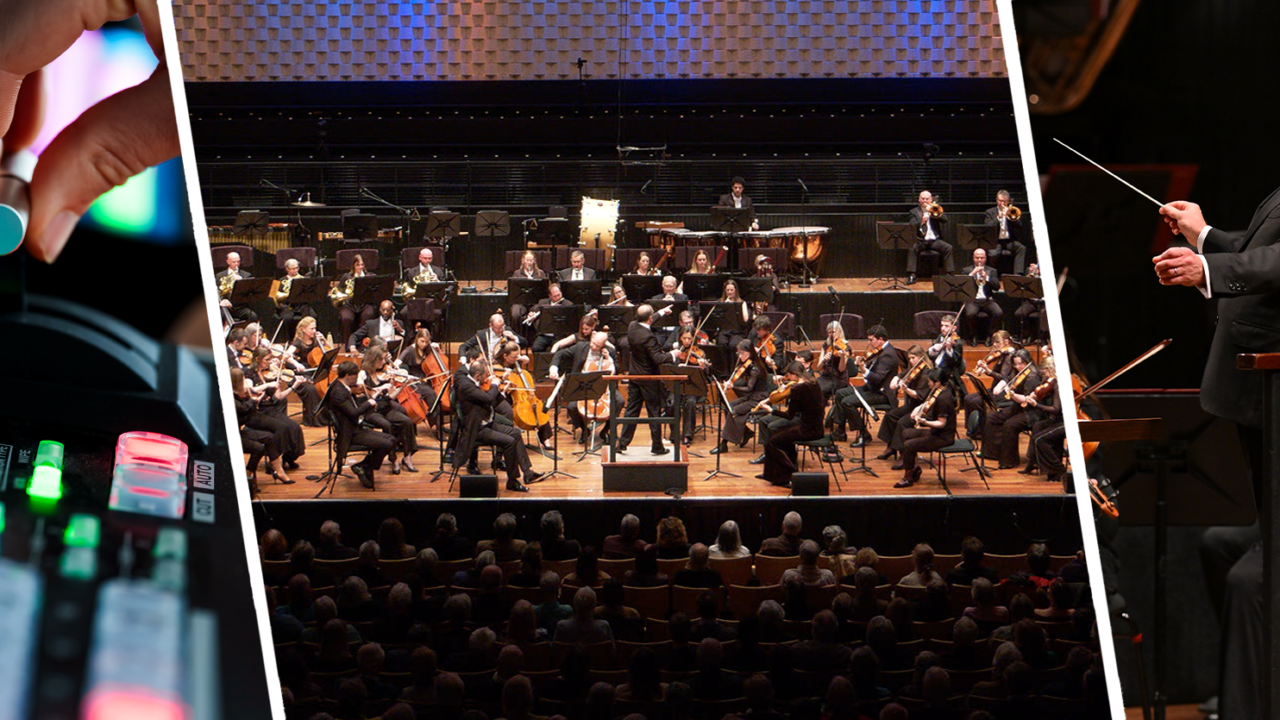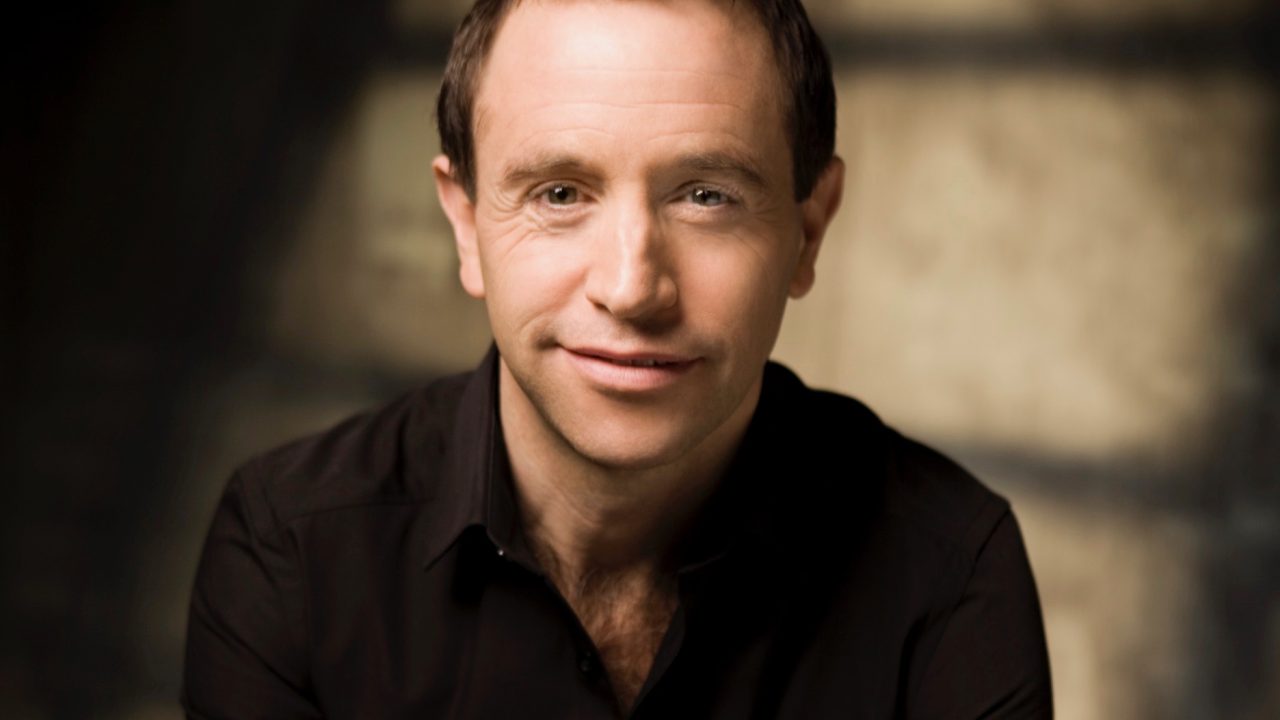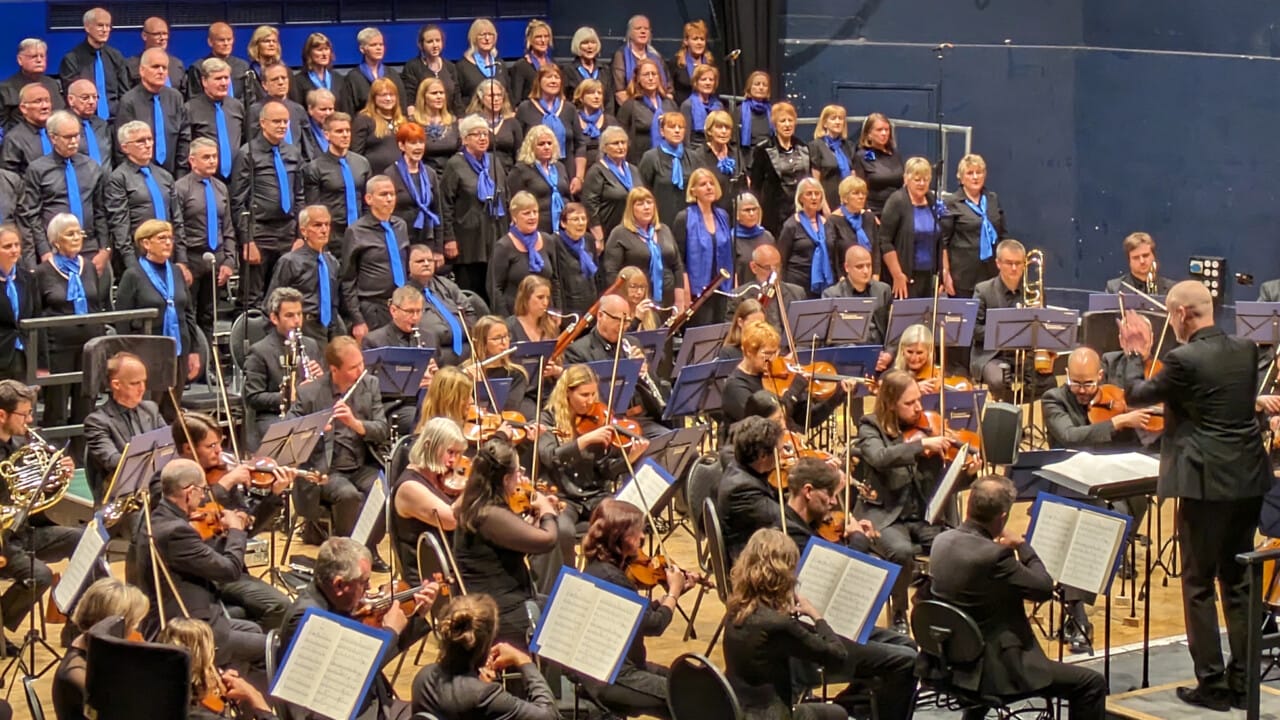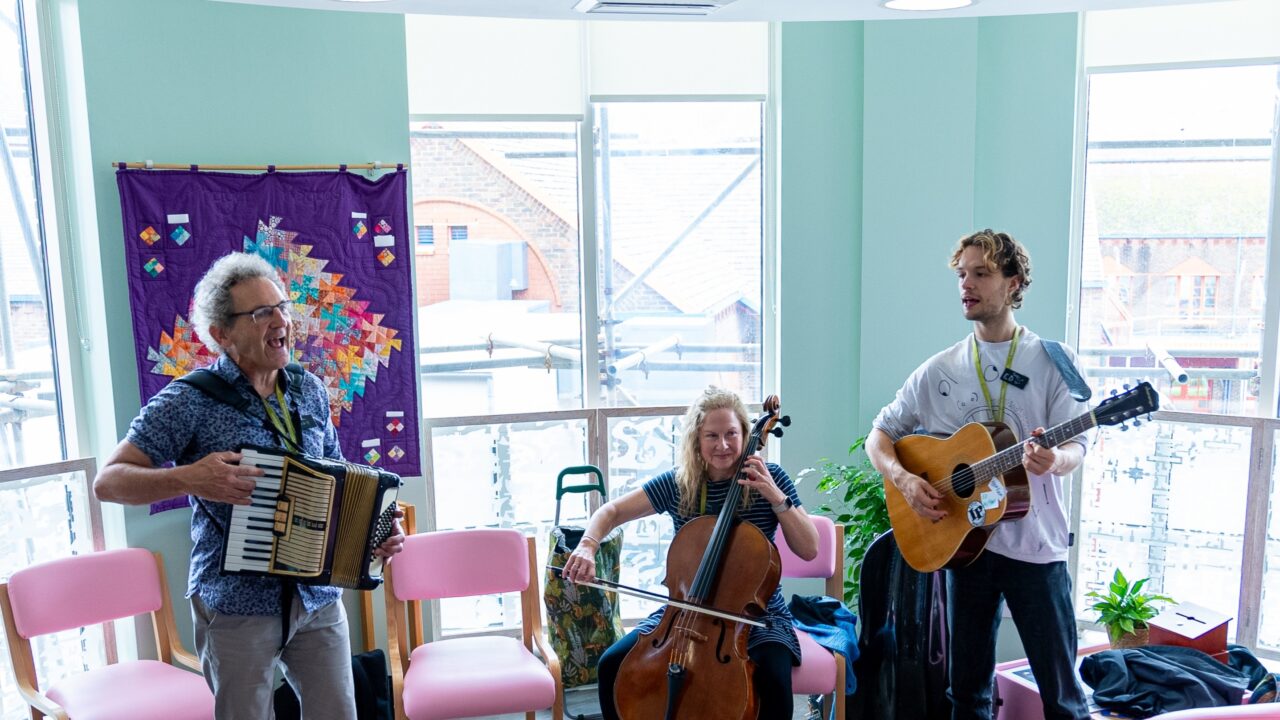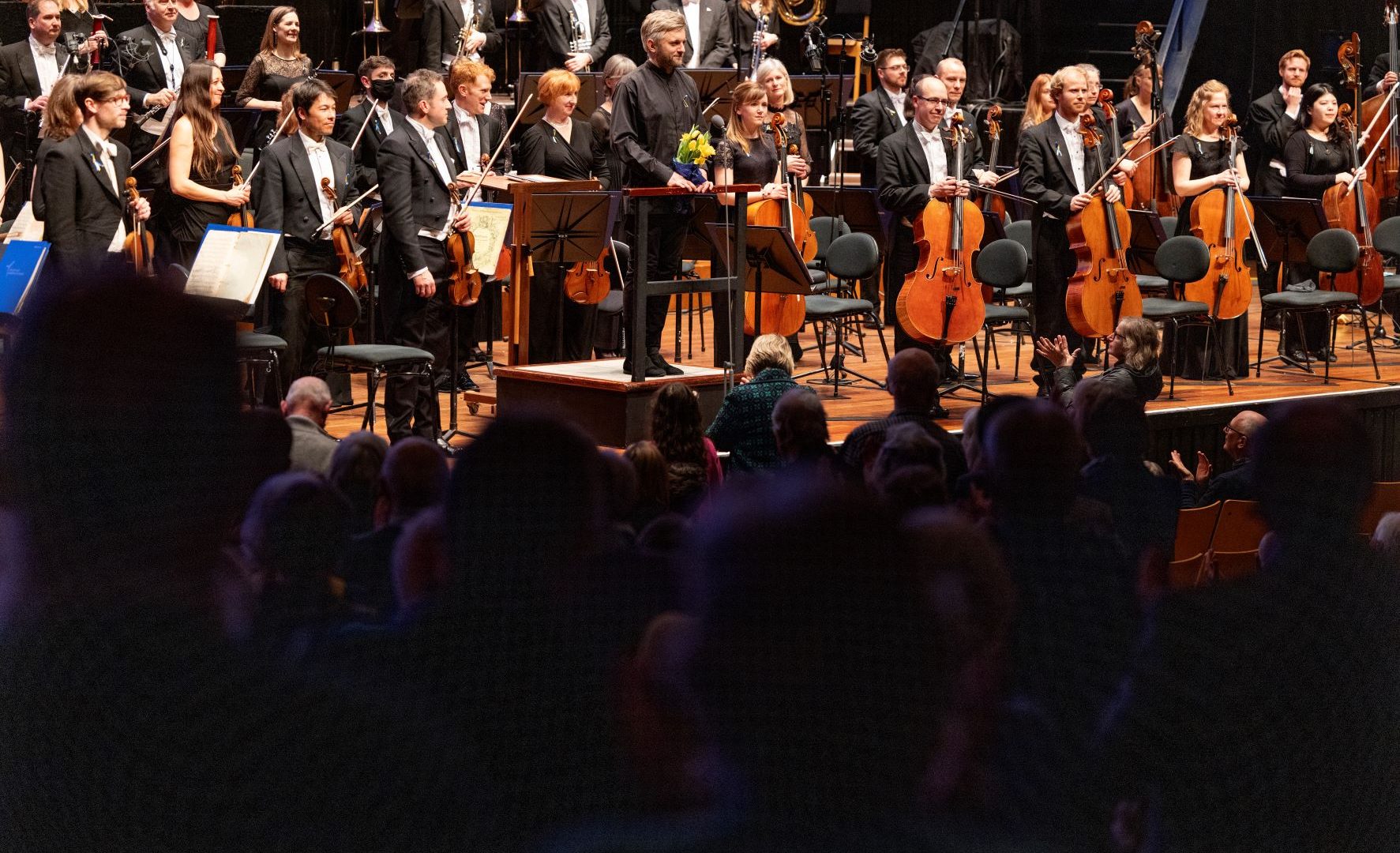A night of powerful emotions at the BSO.
For once, many extra-musical concerns were on the minds of the audience gathered at Lighthouse, Poole, on Wednesday evening. Appearances of the much-respected Chief Conductor Kirill Karabits are always valued, but this was a very important opportunity to extend to him, his family and all the Ukrainian people the love and admiration of the whole BSO community.
An opening tribute to the spirit of youth was offered in Elizabeth Ogonek’s three dance pieces All These Lighted Things, music full of interesting sonorities evoking the sunrise.
This prepared us for the intensity of Arnold Bax’s Tintagel, apparently as much a reflection of his complicated personal life as of the Cornish landmark itself. The Orchestra, who premiered this work under Sir Dan Godfrey just over 100 years ago, found some extra richness and resonance for this performance: gales roared, seas rolled and passions burned especially brightly.
After the interval, Sibelius’s Second Symphony continued the process of creating visions of landscapes turned to sound. Yet also in the foreground were the human emotions of awe, devotion and persistence which seemed so appropriate to the times through which we are living. Of course the playing of brilliant brass section caught the ear, but the winds and especially the plush strings of the BSO were right there in Mr Karabits’ heroic vision of the symphony. They created a sense of the joys and toils of climbing some rugged mountain range, each growing climax leading up to the sun finally breaking through at the summit.
Hanging over everything, however, was the shadow of war in Ukraine. Mr Karabits, speaking at the start of the evening, thanked everyone for the many good wishes which he has received in the last few weeks. He said that he had considered playing some Ukrainian music, but felt that this audience is already as familiar with the sounds of Ukraine as any outside the country. Further, he did not wish to diminish the power of either the hope-filled opening work or of the Sibelius symphony – written 120 years ago in conditions similar to those in his homeland today.
We also received these reviews from The Guardian and The Arts Desk:
“Like all the really convincing Sibelius conductors, Karabits did not impose himself obviously on the music, never pushing too hard or micro-managing the phrases, yet his performance still had real cumulative power” The Guardian
“Returning to his Bournemouth Symphony Orchestra for the first time since the crisis began in his home country, Kirill Karabits’ arrival on stage was greeted by the entire Lighthouse audience rising to their feet with loud applause and cheers of support.” The Arts Desk

